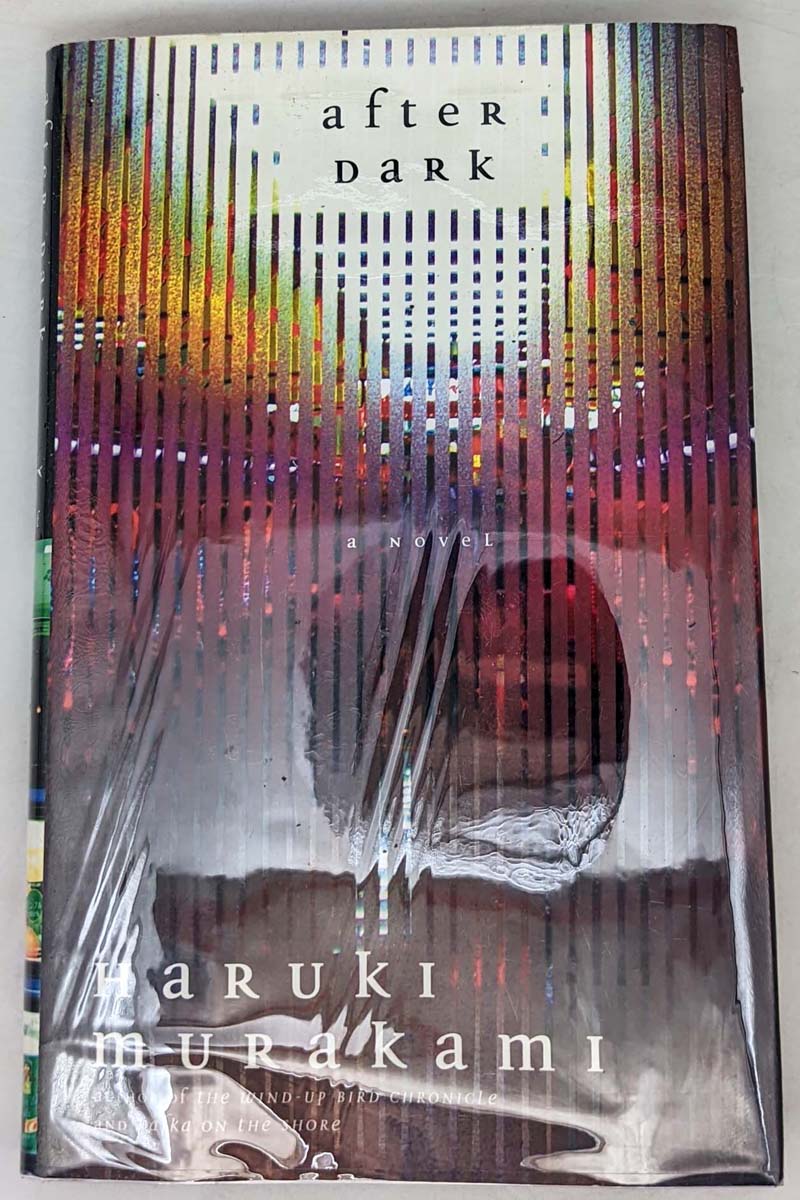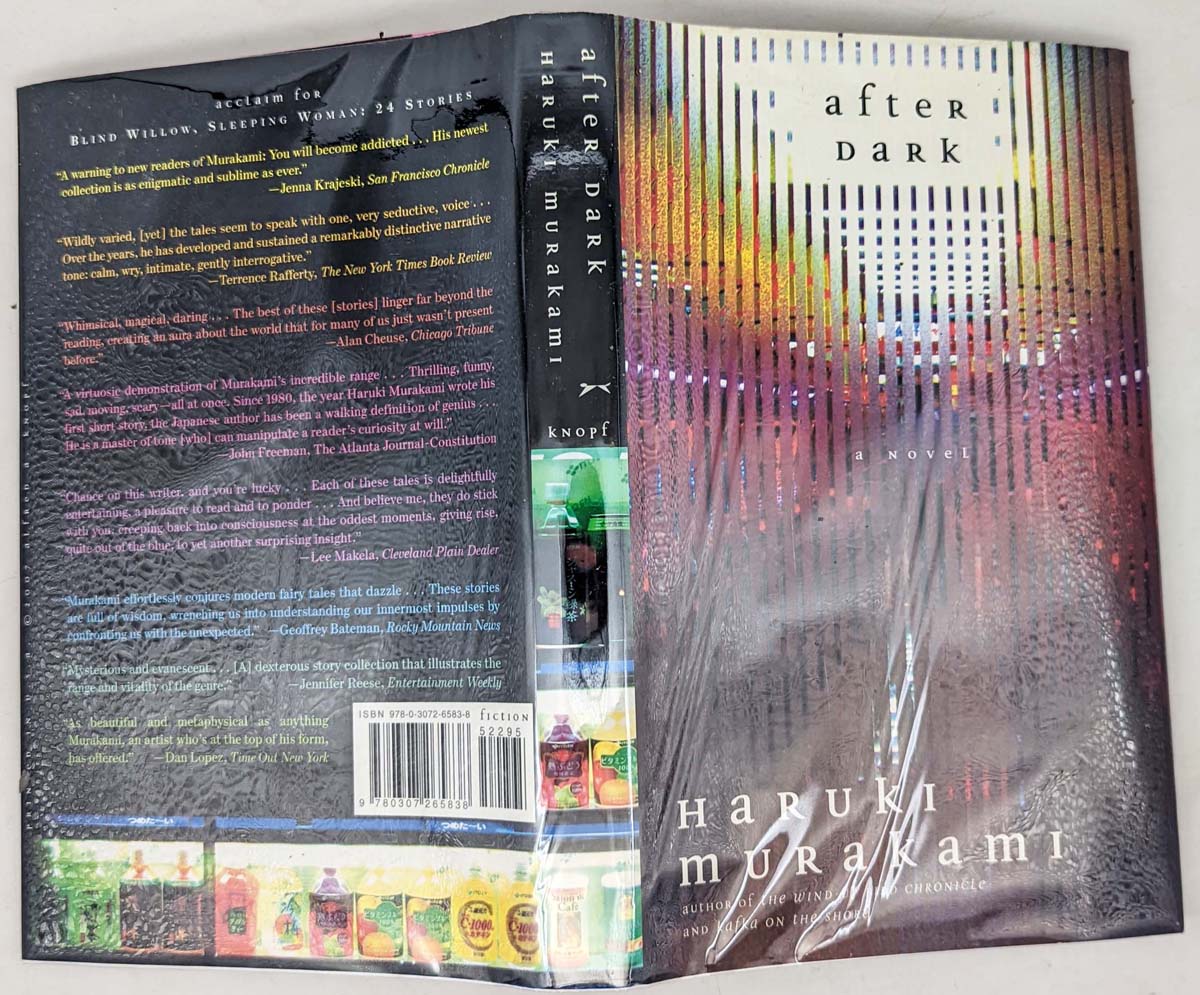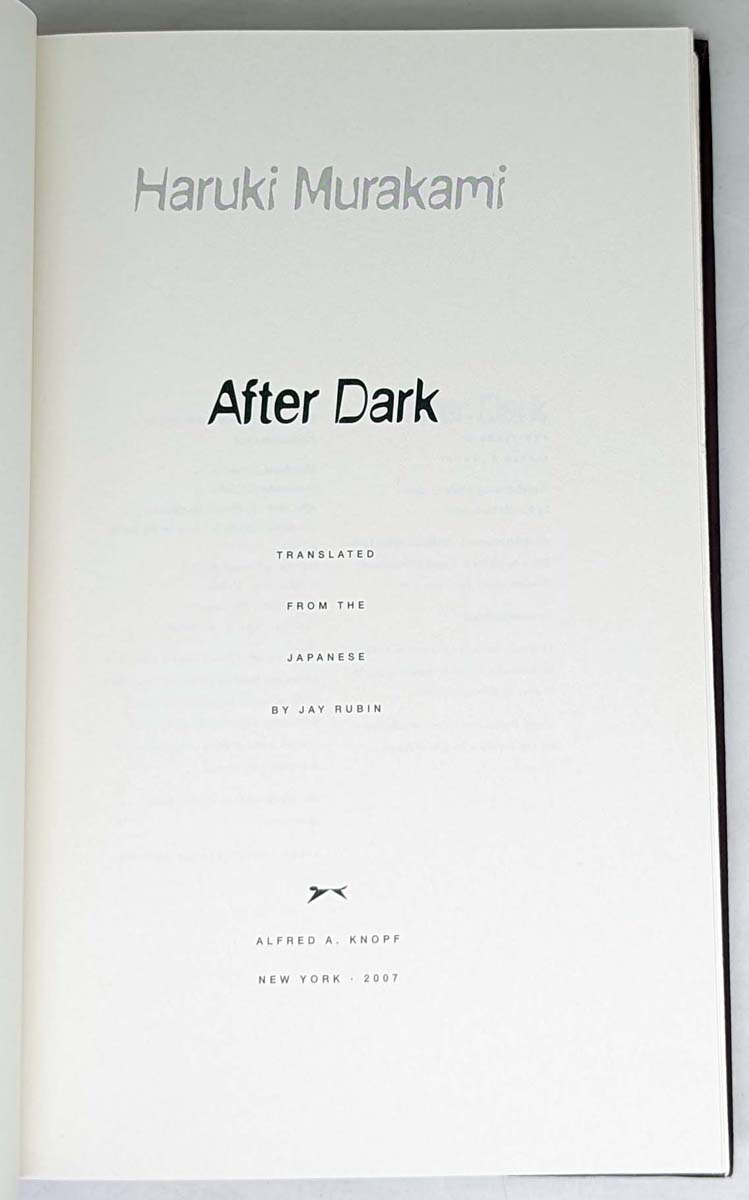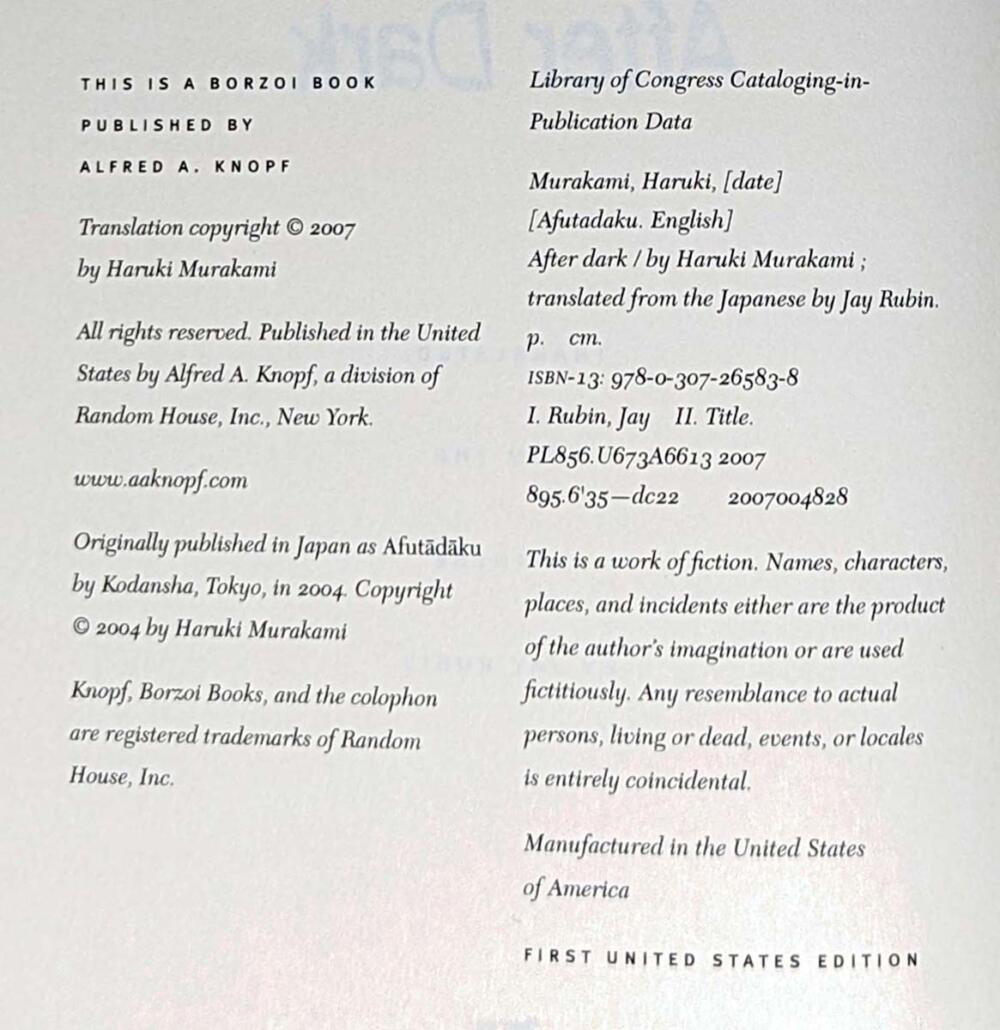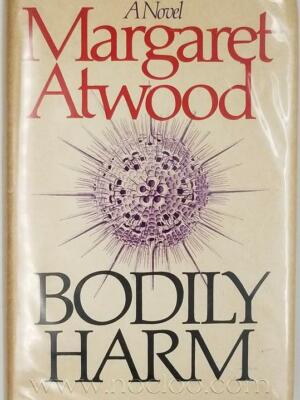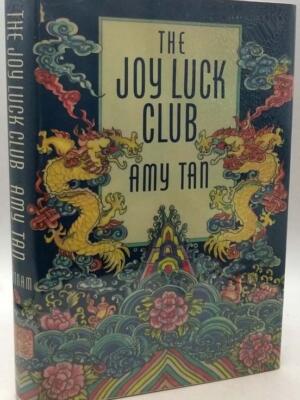After Dark (2007) is a mesmerizing, dreamlike novel by Haruki Murakami, unfolding over the course of a single night in Tokyo. The story follows Mari Asai, a bookish college student who spends a sleepless night in a Denny’s restaurant, where she encounters an eclectic cast of nocturnal characters—a jazz musician, a love-struck trombonist, and a sex worker hiding from a violent client. Meanwhile, Mari’s beautiful sister, Eri, lies in a mysterious, supernatural slumber, her TV displaying only static as she drifts between worlds.
Murakami’s signature blend of the mundane and the surreal shines as the narrative weaves between gritty urban realism and eerie psychological depth. The novel’s cinematic structure, with its precise timestamps and shifting perspectives, creates a hypnotic rhythm, immersing readers in Tokyo’s liminal space between midnight and dawn. Themes of alienation, connection, and the permeable boundaries of reality are explored with Murakami’s characteristic subtlety and wit.
For similar reads, try Kafka on the Shore (2002) for another blend of reality and metaphysics, or Kitchen (1988) by Banana Yoshimoto for a quieter, more intimate take on nighttime introspection.
